Are the Standards for Classics Changing?
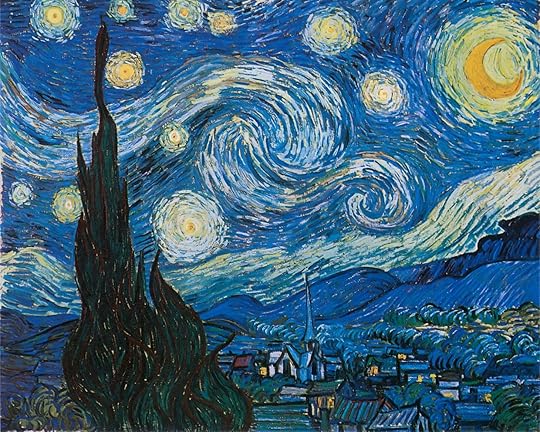
What makes a classic, a classic? What determines that a novel should be lauded as an outstanding piece of literature, and handed down for generations upon generations to enjoy and gain insight from? Do these criteria vary, depending on the culture, the time period, the literary expectations of the day? Can the status of “classic” actually change, to “outdated” or even “no longer important”?
Is it ever acceptable for this to happen to a book that was beloved for decades, perhaps centuries?
So, addressing the first point: How does a classic get to be that way? Usually, it’s when a book have been revered by at least a couple of consecutive generations, and often include big social or cultural themes in their story — such as racism, feminism, coming of age, war, surviving the passing of a close family member, teaching a valued religious or moral lesson.
And, yes, these qualifications do alter depending on the era, the government, the traditions and viewpoints of that particular century and nation. (And just for the record, I’m not justifying or defending any of that, I’m simply stating the fact.)
So, here we come to the heart of the matter in this particular post: Can a long-standing classic become un-classic-ified? (That is completely a word. Amen.)
And, should it?
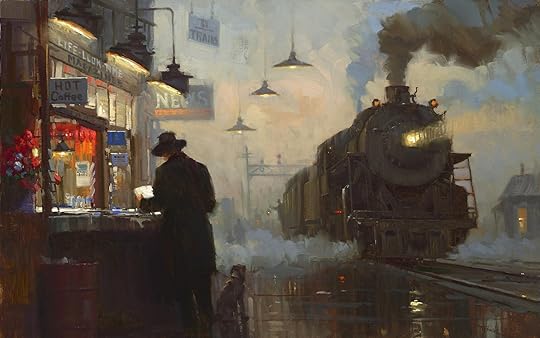
There are some classics that have become outdated, as of the early 21st century — for example, I’m thinking Pride and Prejudice (because, seriously, do arranged marriages occur anywhere civilized anymore?), The Great Gatsby (the Roaring 20s and Prohibition is not something people can relate to these days), and Catcher in the Rye (since the concept of a book becoming an instant bestseller purely for being controversial is no longer shocking). Now, before anybody starts throwing copies of said titles at me, I’m not saying fans of these books can’t continue to be fans of these books. I’m only suggesting that whether we keep them on the high school/college curriculum should be re-evaluated.
Should novels such as Frankenstein and Moby Dick still be used to teach the epitome of bad decision making? Is Huckleberry Finn still necessary to start a conversation on racism? Haven’t we all had enough drama from Jane Eyre and Great Expectations?
Since the way we approach certain topics in school and book clubs nowadays has changed distinctly from how it was done even 30 years ago, I really think our reading choices should reflect that. I seriously vote in favor of putting titles like The Book Thief, The Joy Luck Club, The Road, and The Hunger Games into the rotation.
Too many current teenagers complain that they don’t understand books written 150 years ago — literally, don’t comprehend the language, the customs, the importance of characters’ motivations or concerns. Lots of middle-aged adults complain that being forced to read such drudgery in school nearly turned them off reading altogether.
That’s just sad.
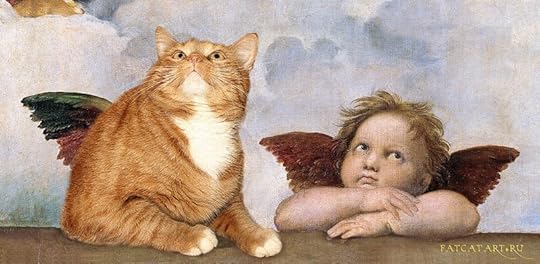
And what about the constantly expanding perimeters on genres and what “counts” as a high standard for each? Why can’t all the genres get equal time and appreciation?
Recently I heard someone say that Lord of the Rings was not high quality literature. Are you kidding me?!?! My personal preferences aside, Tolkien WAS a professor of English and Classics, and he wrote his magnum opus in what IS a classic literary fiction style, and just because it’s fantasy should NOT mean it’s perceived as “less”.
The same goes for mysteries (Sherlock Holmes is one of the most beloved characters in English Lit, why are none of his tales on the required reading list?), updated sci-fi (HG Wells and Jules Verne need to take a backseat while Philip K. Dick and Isaac Asimov get more of the spotlight), and children’s books elementary students of 2018 actually relate to (like Harry Potter and Percy Jackson).
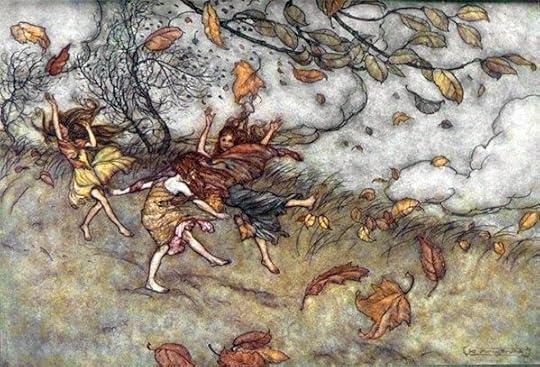
And then there’s the whole “diversity fiction” platform, that needs a fair bit of revamping. Books that used to be seen as only fitting into a niche (like urban or “street” lit) really should become about reaching people who aren’t in that culture. Contemporary or dystopia titles by authors such as Marie Lu, Sandhya Menon, and Jenny Han really deserve more publicity — not as hip new dystopias or cute fluffy romances, but as next-generation diversity.
Recently, White Fang and I watched the film of The Breadwinner, based on the novel of the same name, which is about life for females under Taliban rule in Afghanistan. It’s a perfect diversity pick. But it’s not being hyped anywhere. We happened across a preview for it — and it was the first I’d heard of this truly amazing story.
(What’s up with that?)
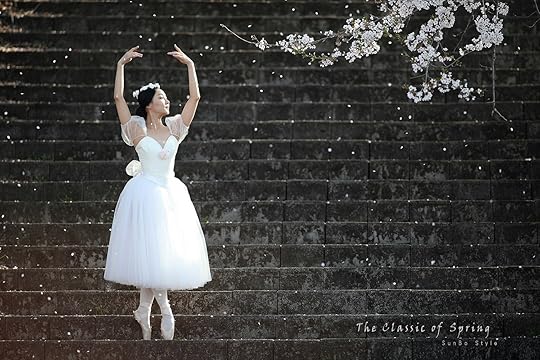
In 25 years, what books will we consider classics?
Selections like Little House on the Prairie and The Adventures of Tom Sawyer, which are now frequently decried as terribly dull and un-connect-able (still a word, hush), are already fading in popularity. (What will they be replaced with, I wonder?)
Novels that have been insanely popular in the past decade or so (The Da Vinci Code, Life of Pi, The Handmaid’s Tale, The Curious Incident of the Dog in the Night-Time) are well poised to leap to the heights of recommended reading everywhere. Each of these isn’t without its controversy, and that appears to be one of the hallmarks of establishing classic status.
(By the way, I wouldn’t vote for any of those mentioned above. I’d much rather most of them get swept into the out of print bin at their publishers.)
In the meantime, I firmly believe I’ll stick to my tendency of reading 90% fantasy. Many more of those novels deserve to become classics, in my view.
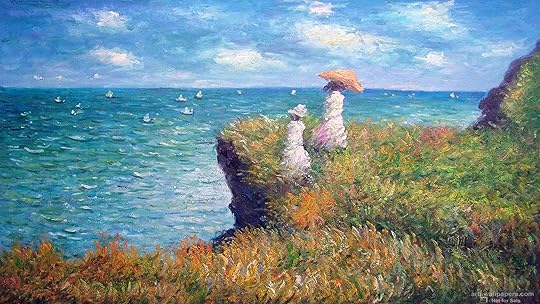
Daley Downing's Blog
- Daley Downing's profile
- 36 followers



